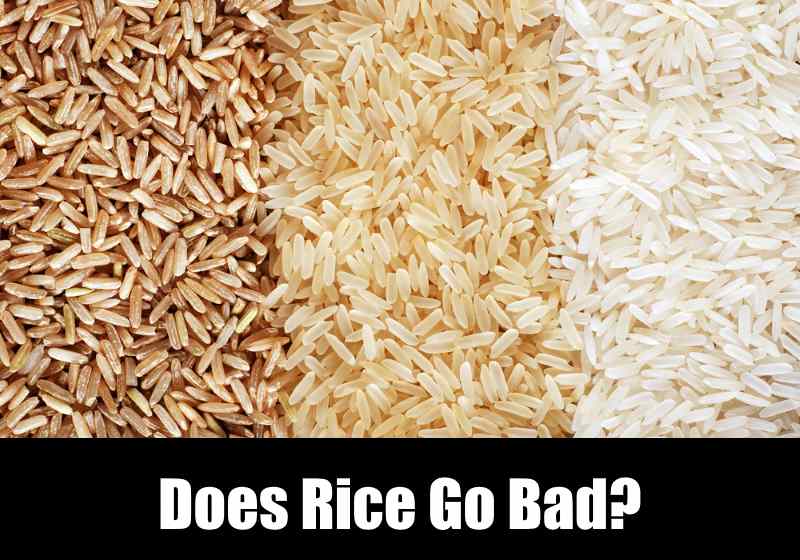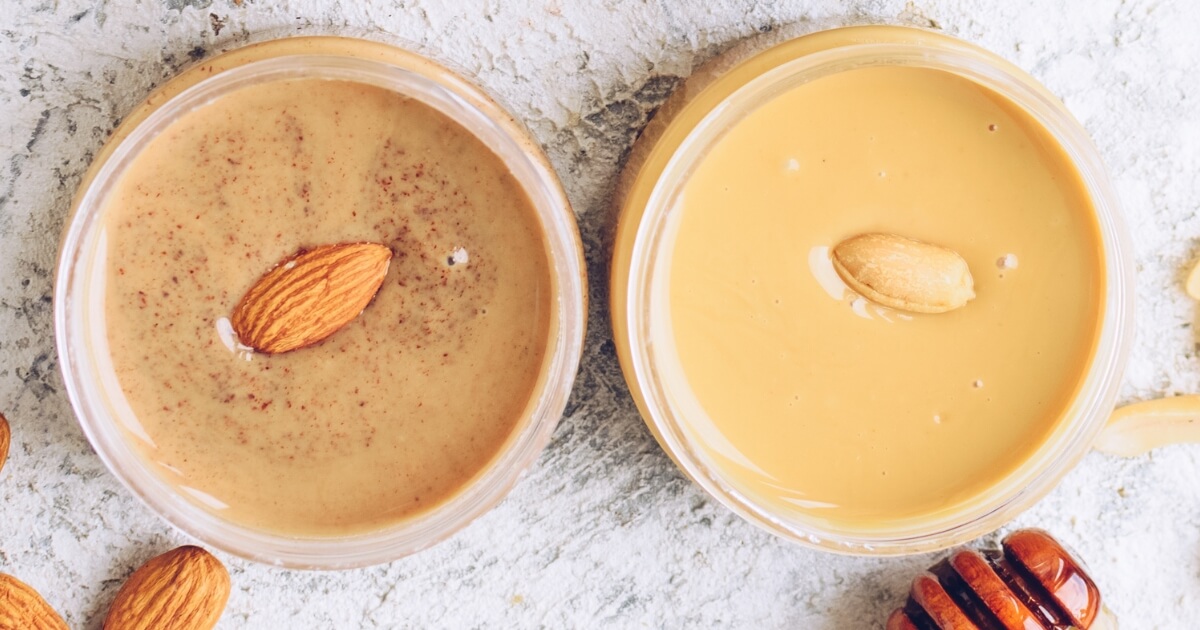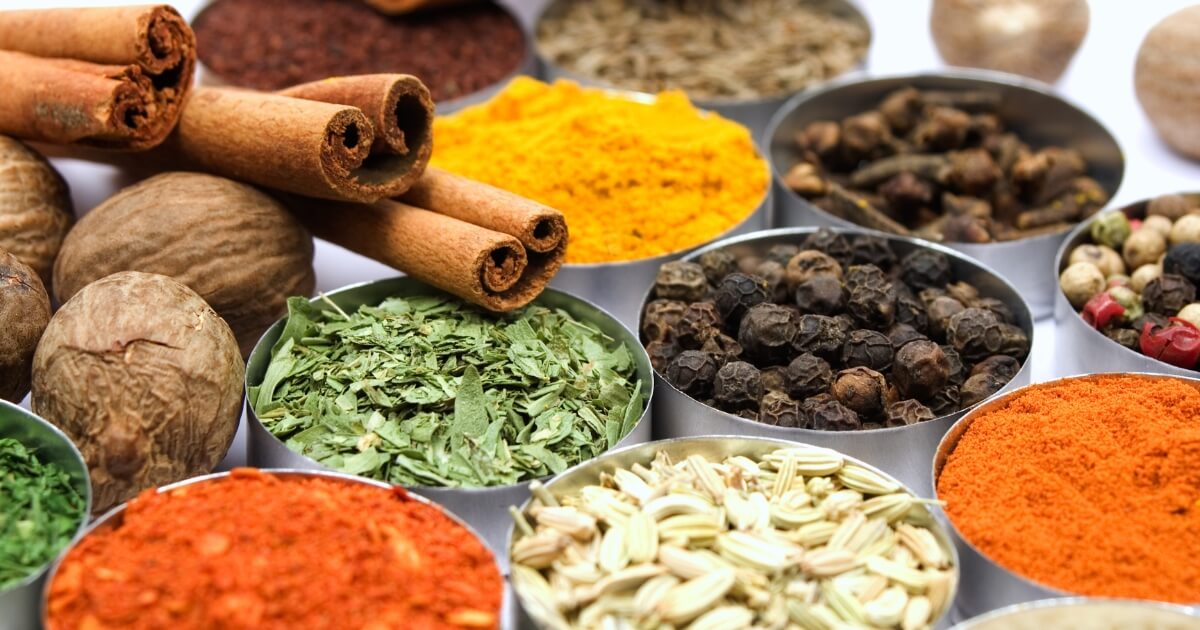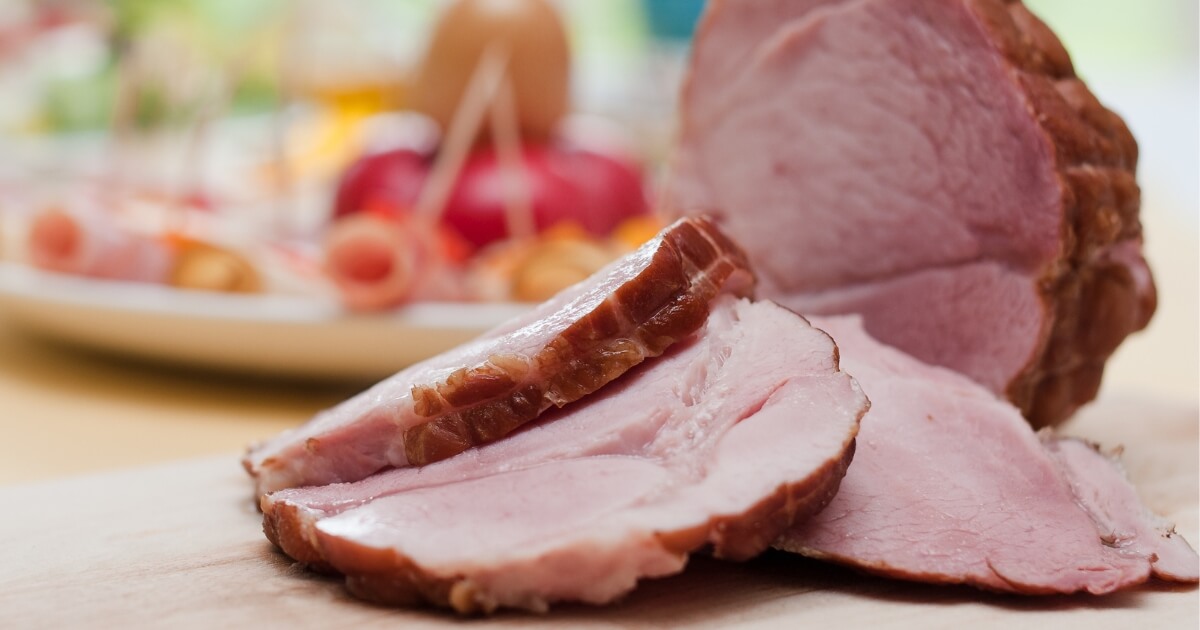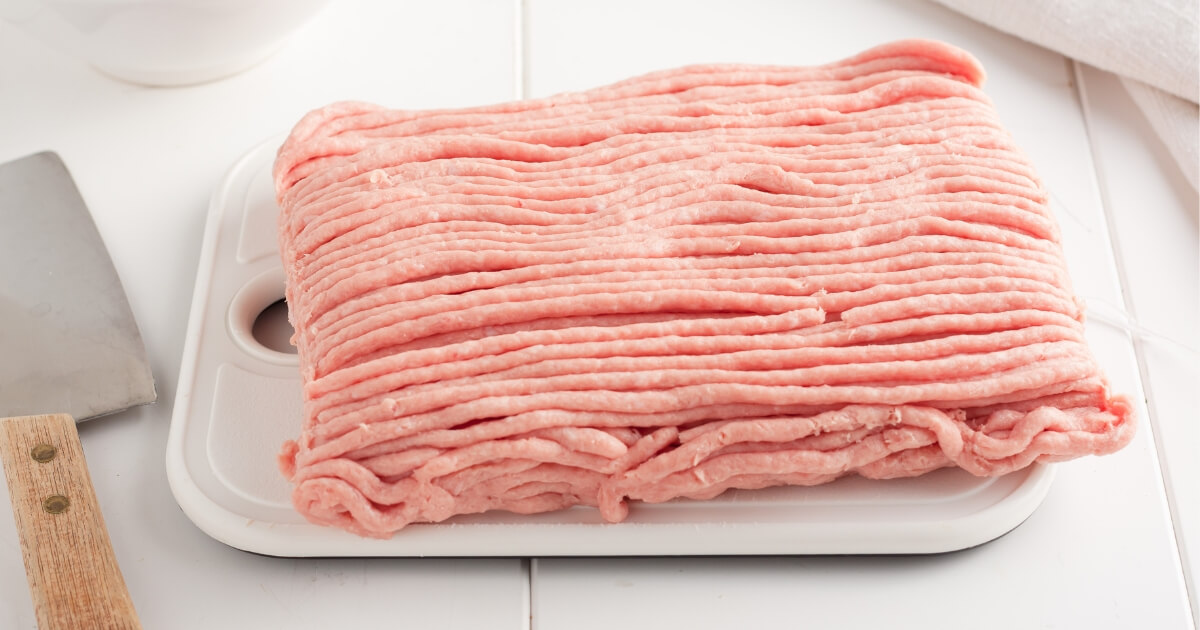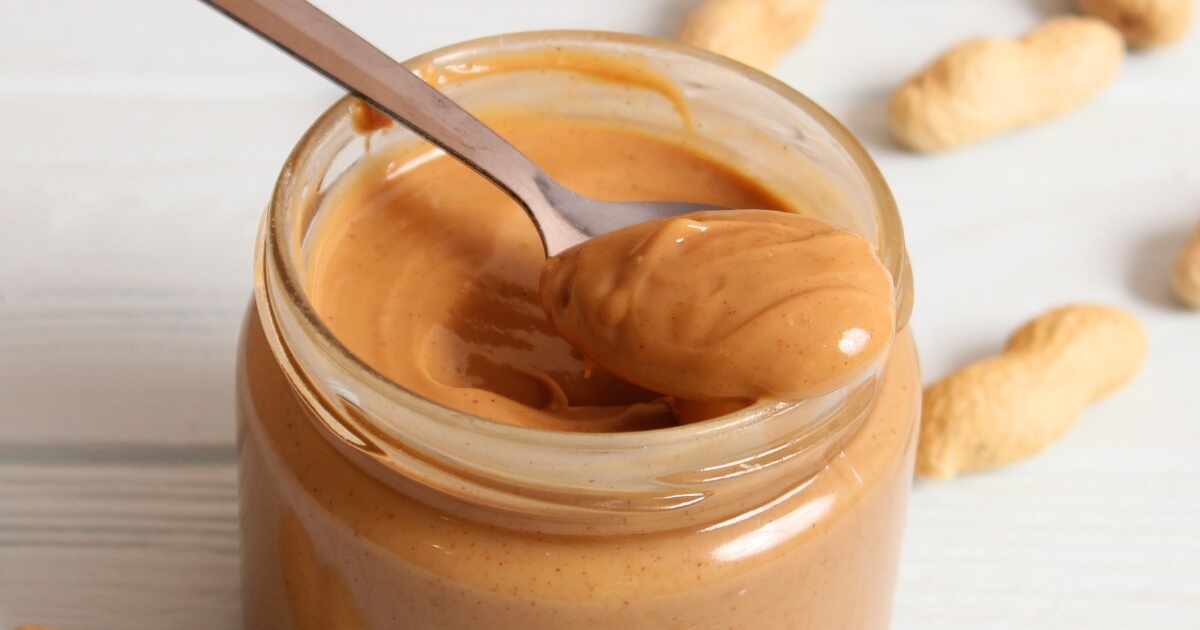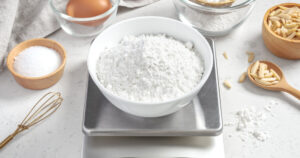Available from white to black and short grain to long grain, rice is a staple food throughout much of the world because of its affordability, versatility and long storage life – but does rice truly last forever or does it go bad?
White rice and its variations can last indefinitely when stored correctly. Although it is unlikely that rice will go rancid, it is susceptible to pests and can deteriorate when exposed to oxygen and moisture – rice is loaded with starch and bacteria and mold love starches.
Plain, white rice can last four to five years stored in the right conditions, or up to 20-30 years in optimal conditions. Brown rice has higher oil levels so is not as durable, lasting anywhere from six to 18 months depending on storage.
Shelf Life Of Rice & Expiration Dates
Researchers at Brigham Young have opened thirty-year-old containers of rice and cooked it successfully. However, most of us don’t have the ability to control storage conditions for that long.
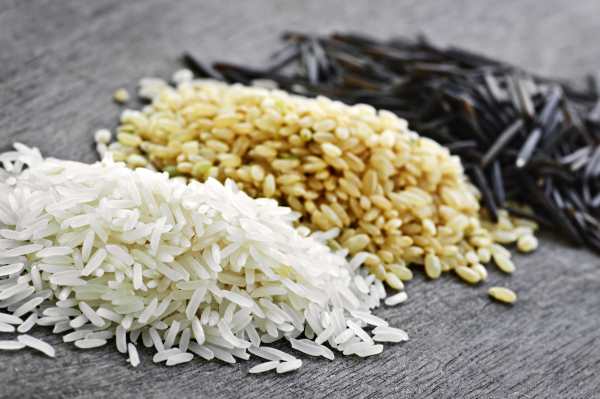
Other than brown or wild rice, packaged rice stored correctly can last indefinitely – up to decades in the right conditions. However, once opened, rice is susceptible to mold if tainted with moisture, and to insects.
- Uncooked White Rice/Arborio/Jasmine/Basmati – White rice has been milled and its layers of nutrients removed. Uncooked and stored well, you can expect white rice to last four to five years if stored in the right manner, even at room temperature. Refrigeration and freezing will lengthen its shelf life even longer.
- Cooked White Rice – Will last five to seven days in the fridge or six to eight months in the freezer – but the texture will break down and it will become mushy when reheated from frozen.
- Uncooked Brown Rice/Wild Rice – Because brown rice contains more oils and fats than other rice – only the hull is removed – it spoils more easily than white rice. Stored correctly in the pantry, brown rice will last you from three to six months; in the fridge, six to twelve months; and in the freezer 12-18 months at best quality, although good indefinitely.
- Cooked Brown Rice/Wild Rice – Should remain edible for four to five days in the fridge or six to eight months in the freezer, although is still safe to eat indefinitely after freezing.
Popular rice manufacturer Uncle Bens have guidelines with similar shelf lives, but recommend for optimal quality you should consume cooked, frozen rice within two months of freezing.
For seasoned rice products such as Uncle Bens Uncooked Long Grain, Wild Rice and Country Inn Rice, the shelf life extends only up to 12 months and they don’t recommend storing it in the fridge or freezer before cooking. After cooking, guidelines suggest three to five days in the fridge or up to three months in the freezer.
Minute Rice recommend using their rice within two years of the best by date, while Rice-A-Roni suggest you should stick with the use by date.
How To Tell If Rice Is Bad
Unless contaminated by moisture or exposed to air for long periods, uncooked white rice should not go bad.
Brown rice contains fatty acids that will go bad when exposed to air.
All rice can become infested with small bugs known as rice weevils. These small, red-brown bugs can make a home in your stock of rice and lay eggs.
While brown rice is dried before packaging, some pests can encapsulate, survive the drying process, and grow inside the bag.
Although small, you should be able to see them within your rice if you look closely. They are not harmful to your health, but you may prefer not to consume them! Freezing your rice can prevent kill any bugs or eggs.
Uncooked Rice
1. Look – Examine your stored rice for tiny red, brown or grey bugs. Although the eggs aren’t visible to the naked eye, the bugs are. If you don’t want to waste your rice, rinse repeatedly to get rid of the bugs, then use as normal, or freeze the rice to kill the infestation.
Brown rice will become oilier when it is bad – if your rice looks or feels like it has a layer of oil, better to replace it.
2. Smell – Brown rice will develop a slightly sour, rancid smell when bad. Anything even a little bit ‘off’ smelling should be replaced.
Cooked Rice
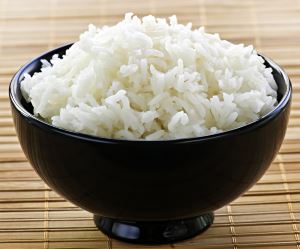
1. Check the texture – Obviously, cooked rice stored in the freezer will be hard. But if you have stored it in the fridge and you find that it has gone hard and crunchy, this means it’s no longer suitable for consumption.
2. You may not be able to detect when dangerous bacteria have developed within your cooked rice, so follow our guidelines surrounding storage and management below to stay safe.
What Happens If You Eat Spoiled Rice?
If you merely cook and consume rice that is past the best before date, you are unlikely to suffer from any ill effects, even if said rice includes a sprinkling of weevils.
The bigger danger is eating cooked rice that hasn’t been stored or reheated correctly. Uncooked rice can contain spores of a bacteria known as Bacillus cereus. If cooked and left at room temperature, the spores can develop and cause some pretty nasty food poisoning.
Symptoms may occur within one to five hours of consuming the offending rice and include vomiting or diarrhea which can last up to 24 hours.
If you plan to reheat rice that has already been cooked, it is best to cool the leftovers as soon as possible and store them in the fridge. When reheating, ensure the rice is steaming hot throughout.
Rice Storage
Before opening the package, uncooked rice can safely be stored for long periods in a cool, dark cupboard with little temperature variation.
Once opened, transfer to an airtight container and store under the same conditions.
For extended life, store rice in an airtight container in the fridge or freezer.
Storing dry rice in the freezer can cause freezer burn – to prevent this, keep it in an oxygen-free, freezer-safe container. Bear in mind that when reheating, your rice is likely to be rather mushy.
Take only the amount of rice you need at any one time, and return the rest to the freezer.
If, however, you allow it to come to room temperature before re-freezing, condensation will introduce moisture to the container. This increases the risk of mold or bacterial growth. While the rice still needs to be cooked, it may taste and smell musty.
Dedicate a freezer container for storing opened bags of white rice, date it, and use it up within two years.
This is particularly true for brown rice, which is more susceptible to bugs. Brown rice is processed and sold with the hull on, which provides pest eggs a place to hide.
Cooked rice also should be stored in an airtight container in the fridge and shouldn’t remain at room temperature for more than two hours.
How Long Does Rice Last In The Fridge?
Once cooked, brown rice can be stored in the refrigerator for up to four days. Storing brown rice in a shallow dish will reduce the risk of clumping into an unusable mass.
Cooked white rice will last in the refrigerator for up to one week, but ensure it’s kept at a stable temperature for the duration, and stored in an airtight container All cooked rice can dry and become unpleasantly chewy in the refrigerator. While this works well for fried rice, it can render other dishes inedible.

